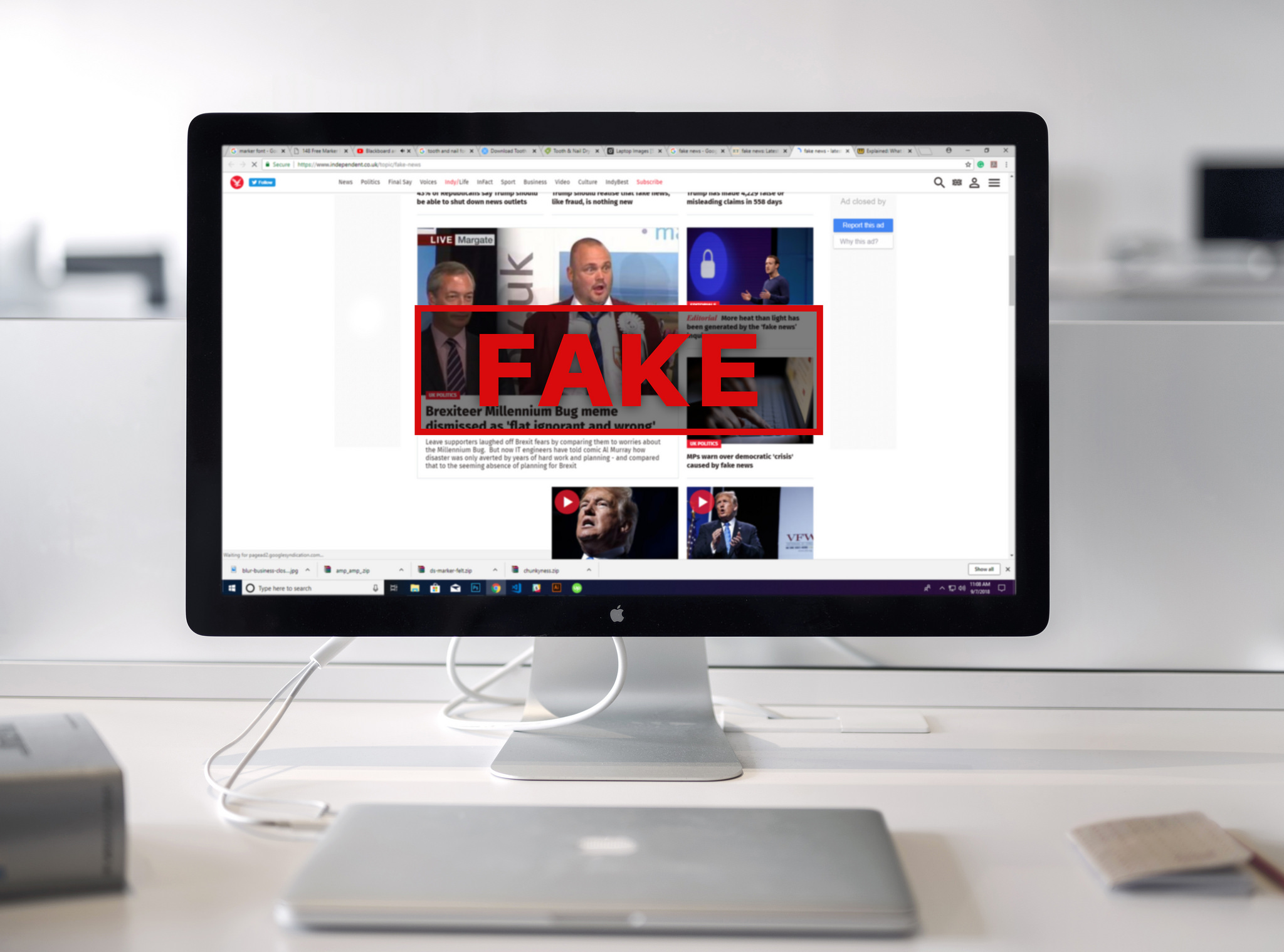Like many other countries throughout the world, Indonesia is struggling with the issue of hoaxes, fakes news and misinformation being spread online, primarily through social media. Indonesia already has laws that can criminalize individuals who create or spread hoaxes online, but now the man in charge of policing Indonesia’s internet says his ministry is planning to penalize social media platforms, such as Facebook and Twitter, if they’re found to have allowed fake news to spread.
Rudiantara, Indonesia’s minister of communications and information technology, said revisions to the law were in the works that would allow the government to impose sanctions in the form of fines on social media platforms that facilitate the spread of hoaxes, justifying it as a matter of state security.
“The problem with hoaxes is a matter of the state. We must take a strong position related to these issues,” Rudiantara said yesterday as quoted by Republika.
The IT minister said the mechanism through which such penalties would be issued is a revision to the 2012 regulations on the Implementation of Electronic Systems and Transactions. He said the sanctions would be applied through a derivative ministerial regulation, coordinated with the Ministry of Finance.
Rudiantara said he hopes that the revision will be completed by the end of the year so that sanctions can be applied starting next year, all with the aim of getting social media platforms to take responsibility for their content.
As for the complicated question of how such a law would work, Rudiantara referred to Germany and Malaysia, which he said had passed similar laws.
Which is true. At the start of this year, the German government’s Network Enforcement Act, commonly known as NetzDG, took effect. It requires social media platforms, such as Facebook, Instagram, Twitter, and YouTube, to promptly remove “illegal content,” as defined by their criminal code. With potential fines of up to 50 million euro, companies quickly began removing content to comply with the law.
However, activist groups such as Human Rights Watch say that, with illegal content defined as anything from actual threats of violence to hate speech to insults towards public offices, the legislation is fundamentally flawed.
“It is vague, overbroad, and turns private companies into overzealous censors to avoid steep fines, leaving users with no judicial oversight or right to appeal,” said Wenzel Michalski, Germany director at Human Rights Watch.
Malaysia’s fake news bill, which was also heavily criticized as vague, draconian and prone to political manipulation, was thrown out by the country’s new government in August.
Indonesia’s current laws criminalizing individuals for creating or sharing hoaxes and fake news online have been similarly accused of being prone to abuse, as has the government’s selective prosecution of such cases.
The major problem of course is, who gets to decide what does and doesn’t count as fake news? Rudiantara’s ministry has a “war room” dedicated to fighting fake news, but given who his boss is, it’s fair to wonder if they are tackling misinformation about incumbent President Joko Widodo and the opposition, led by presidential challenger Prabowo Subianto, without any bias towards either side in the run up to the 2019 election.
Header image via bitsfrombytes.com





Reader Interactions